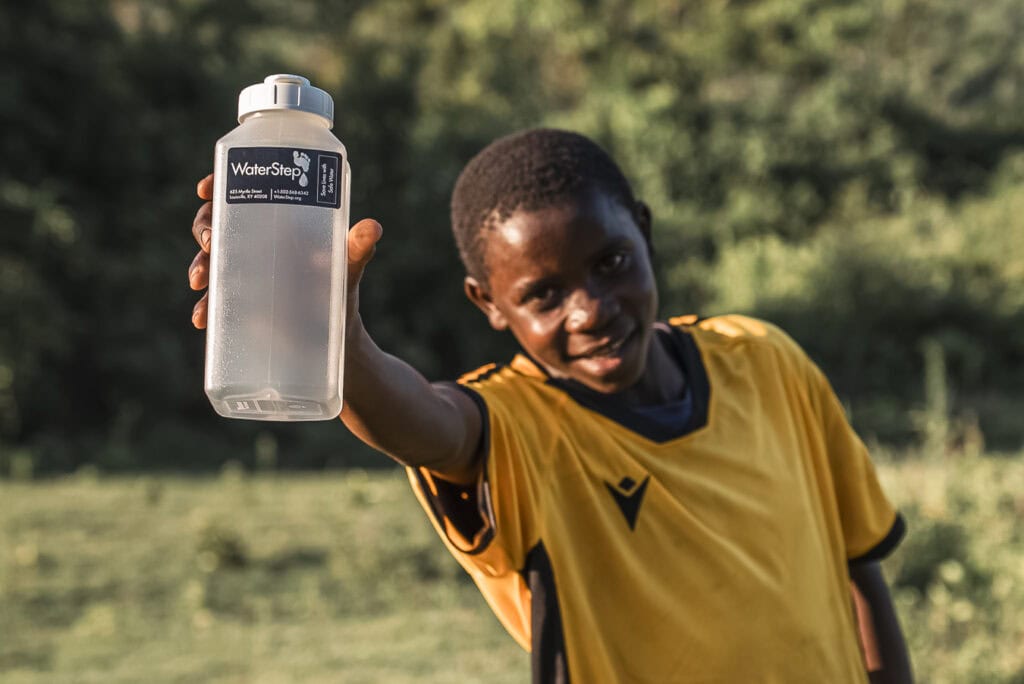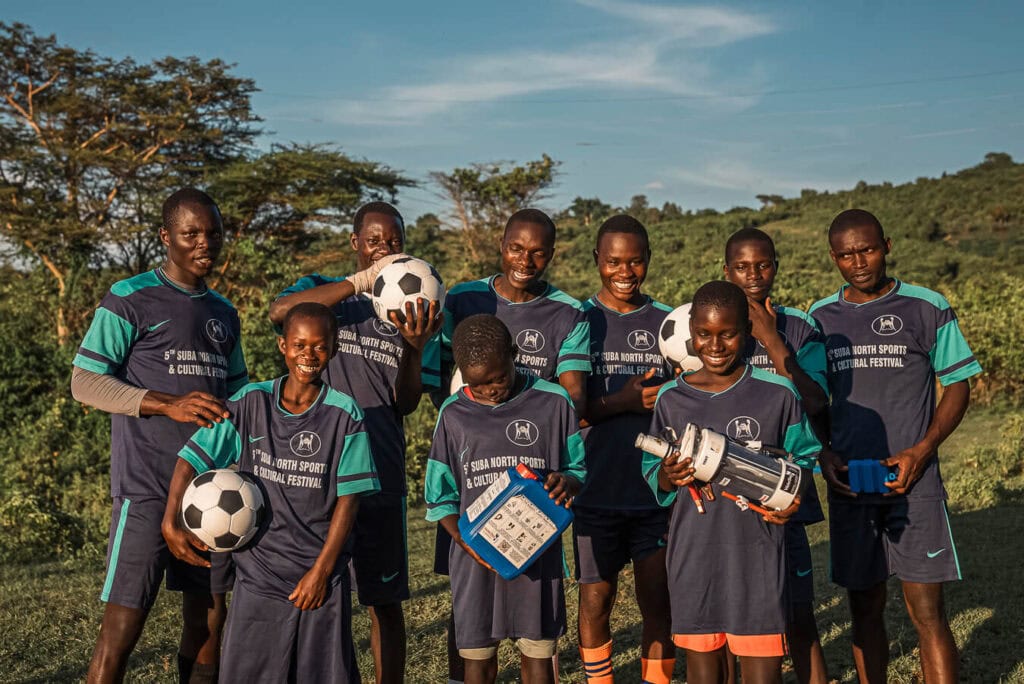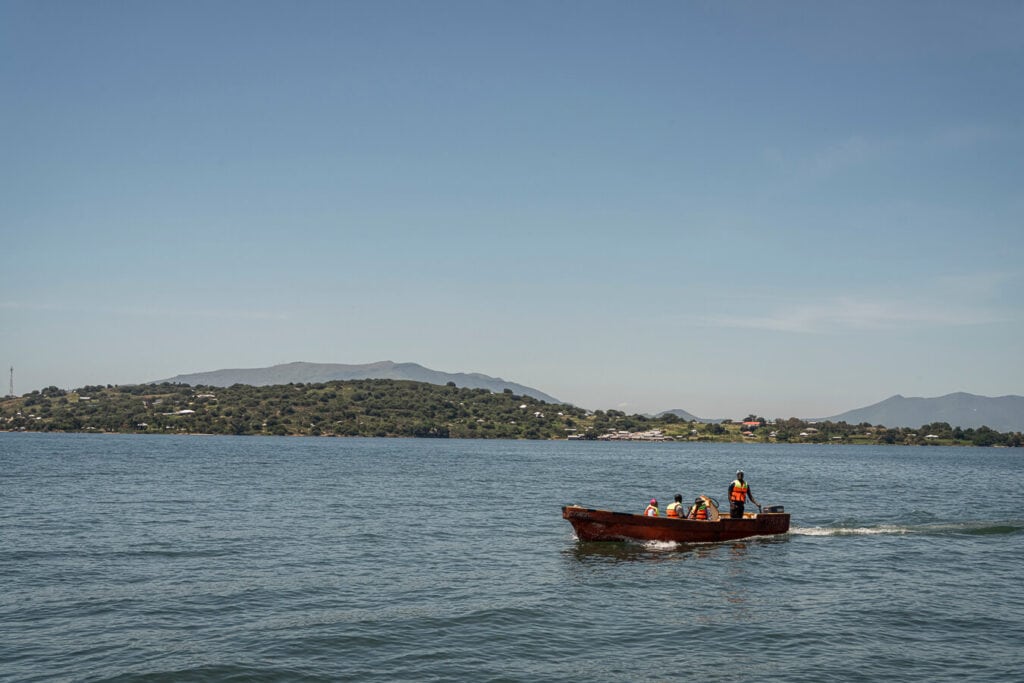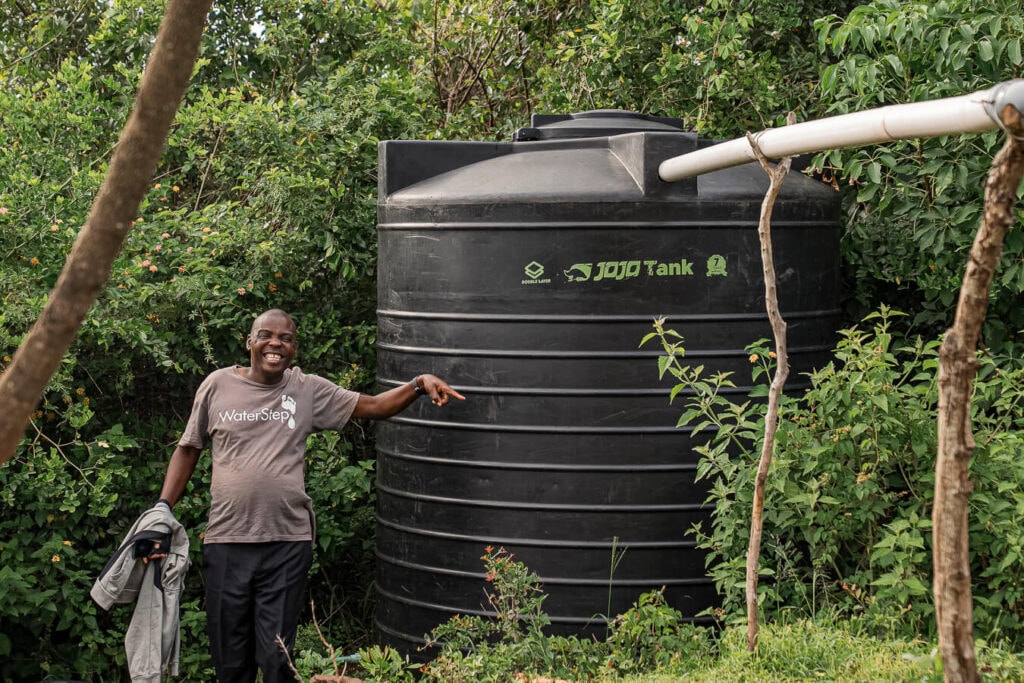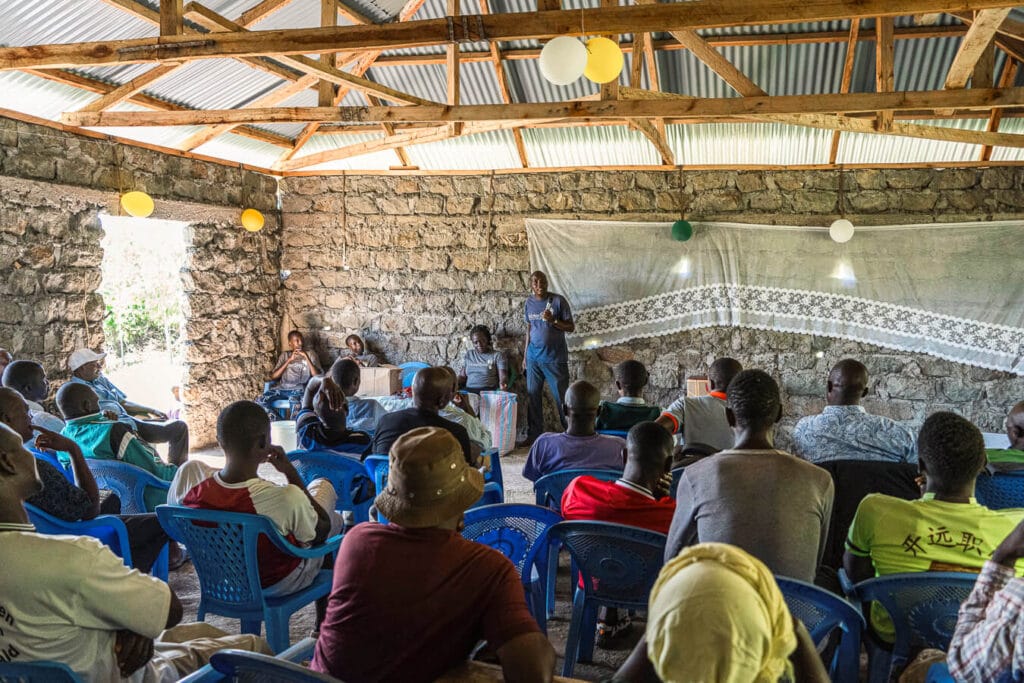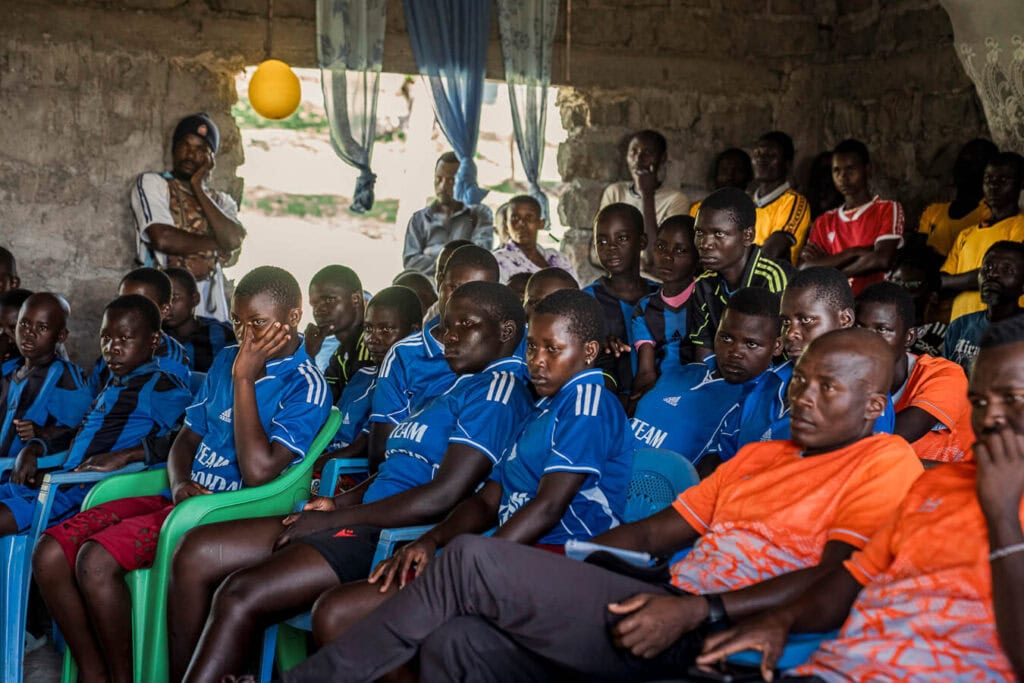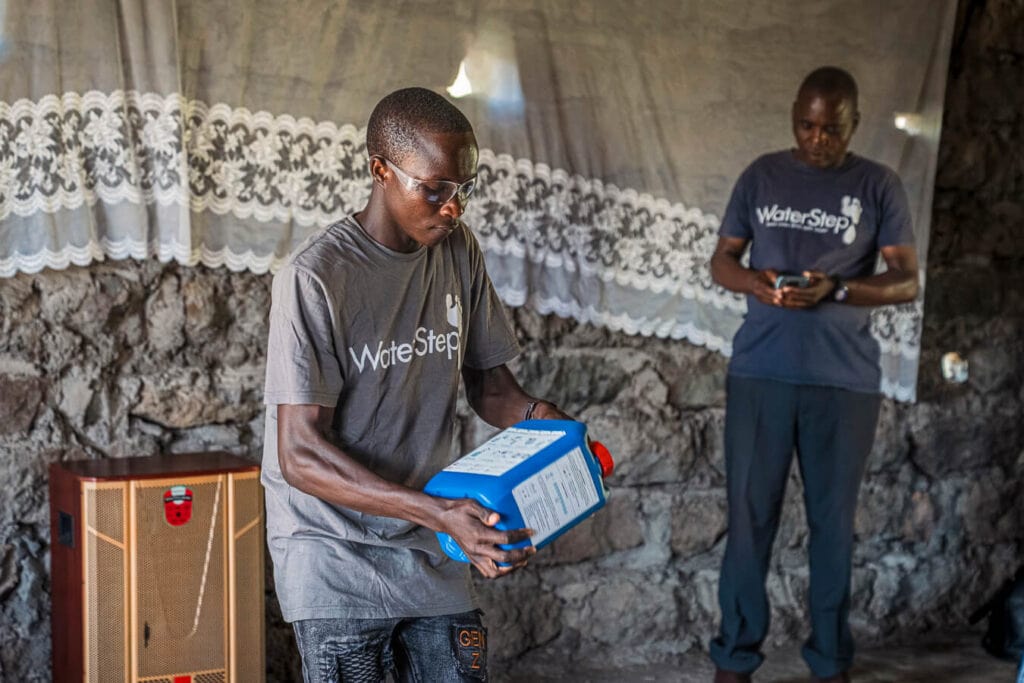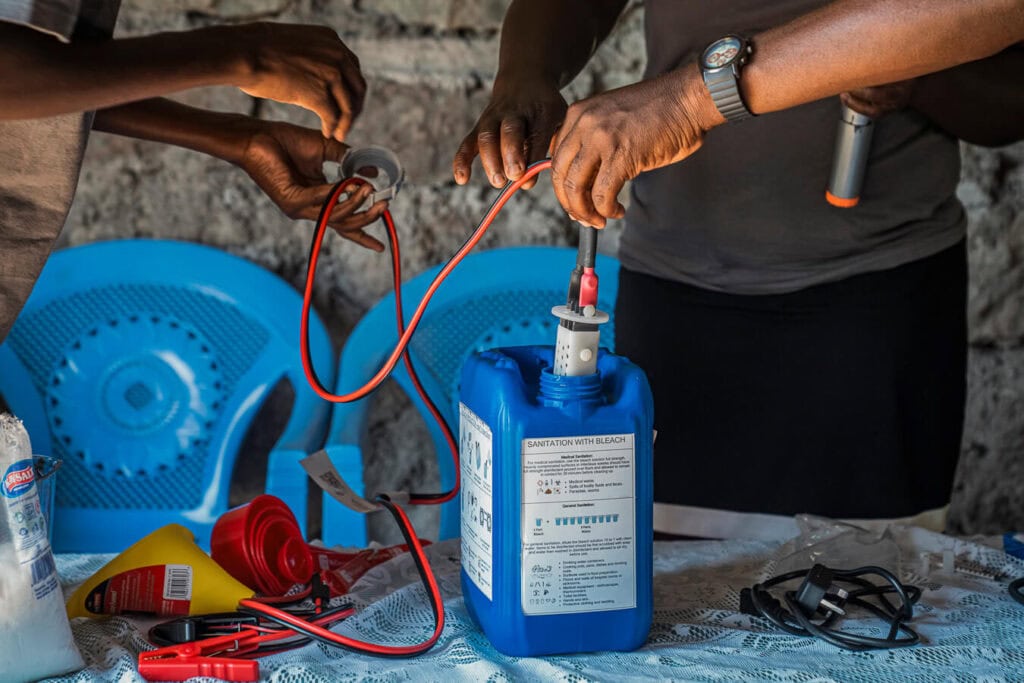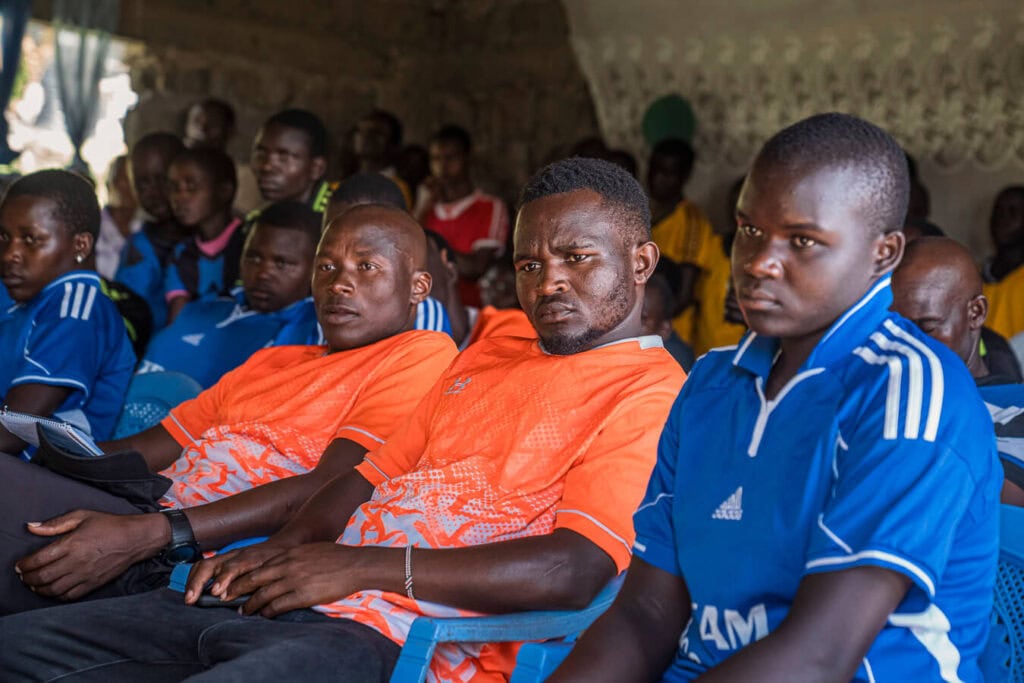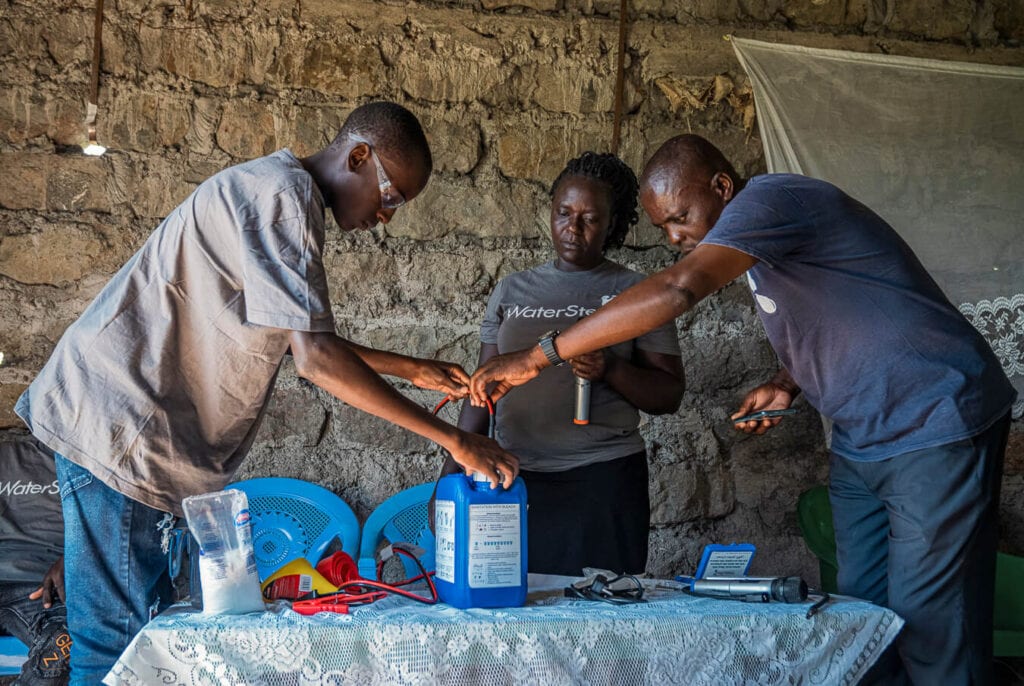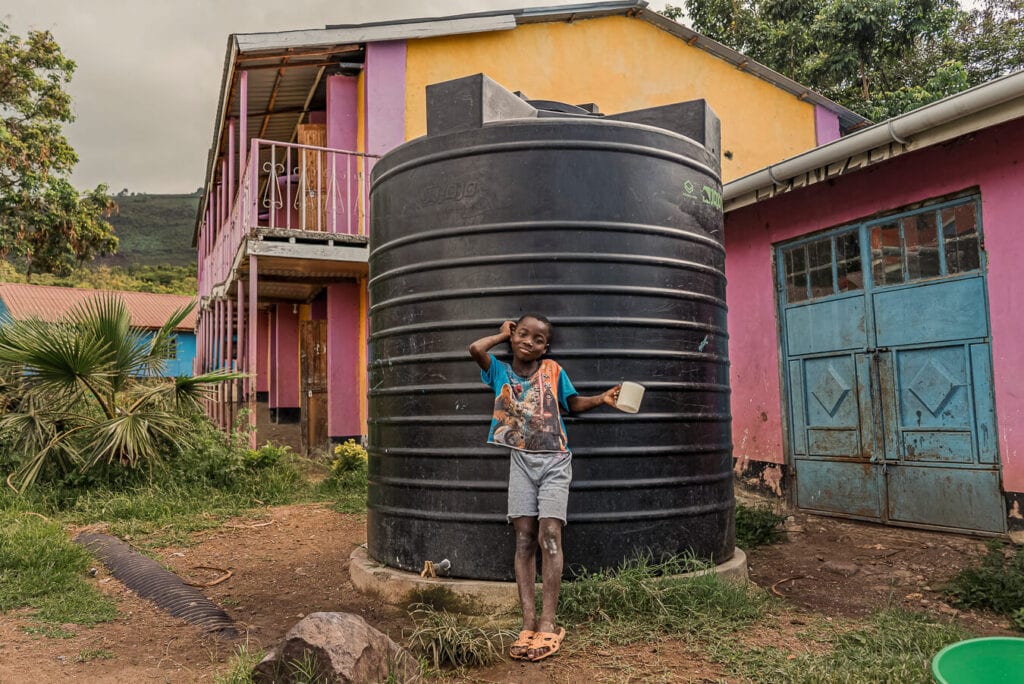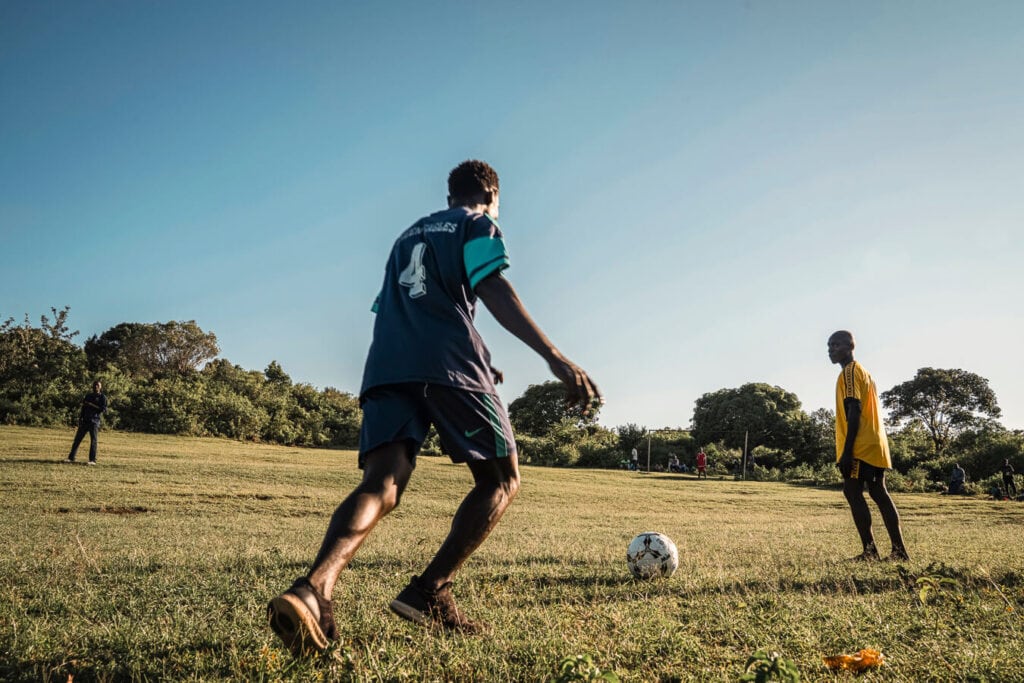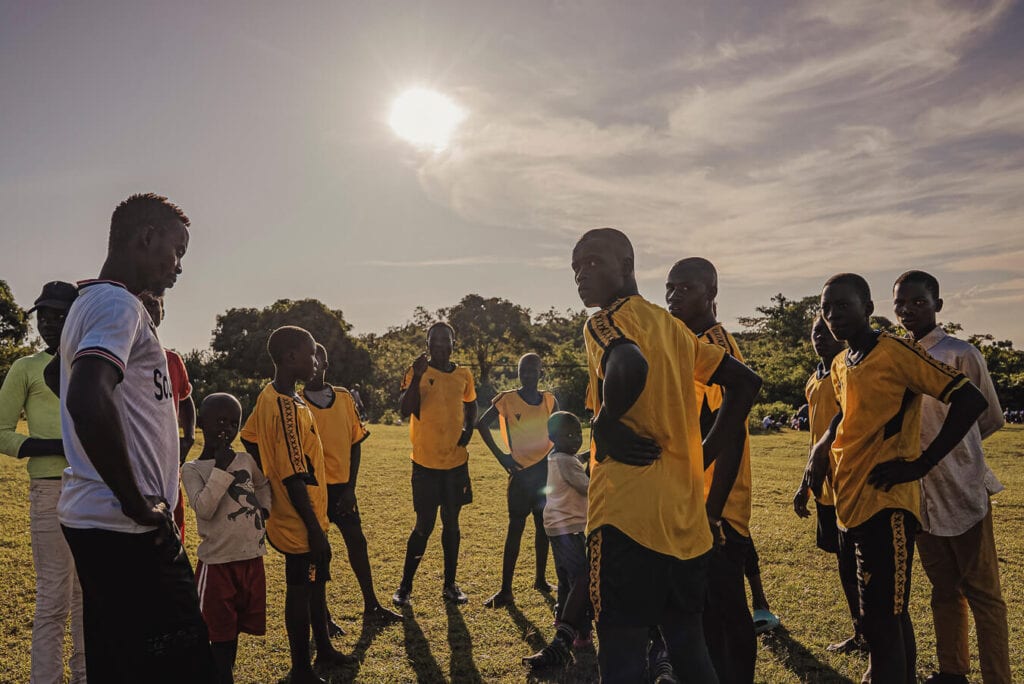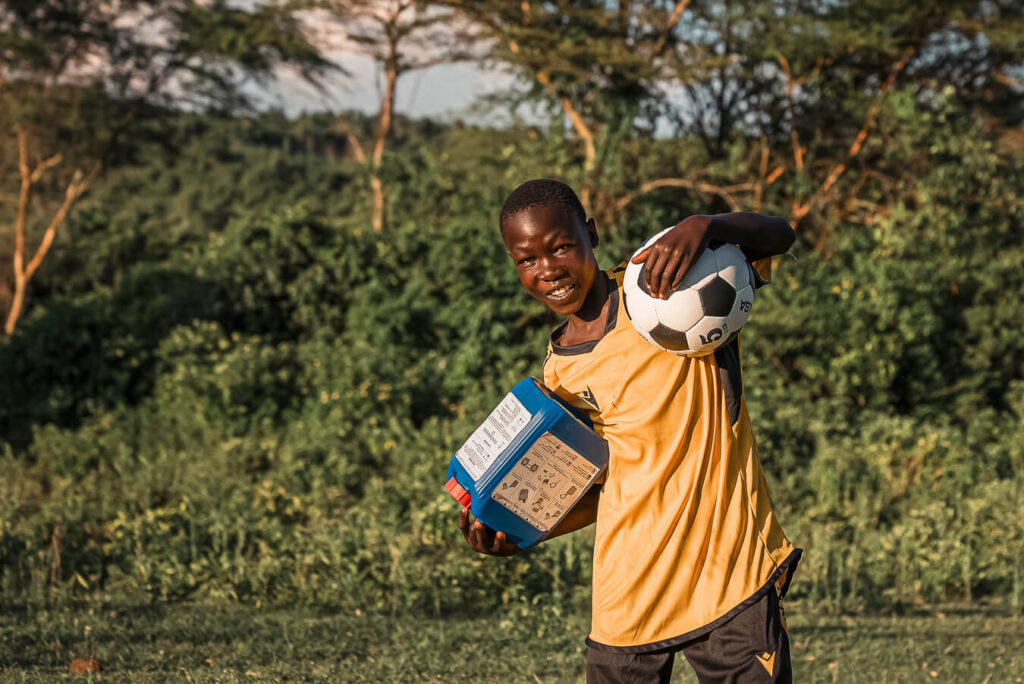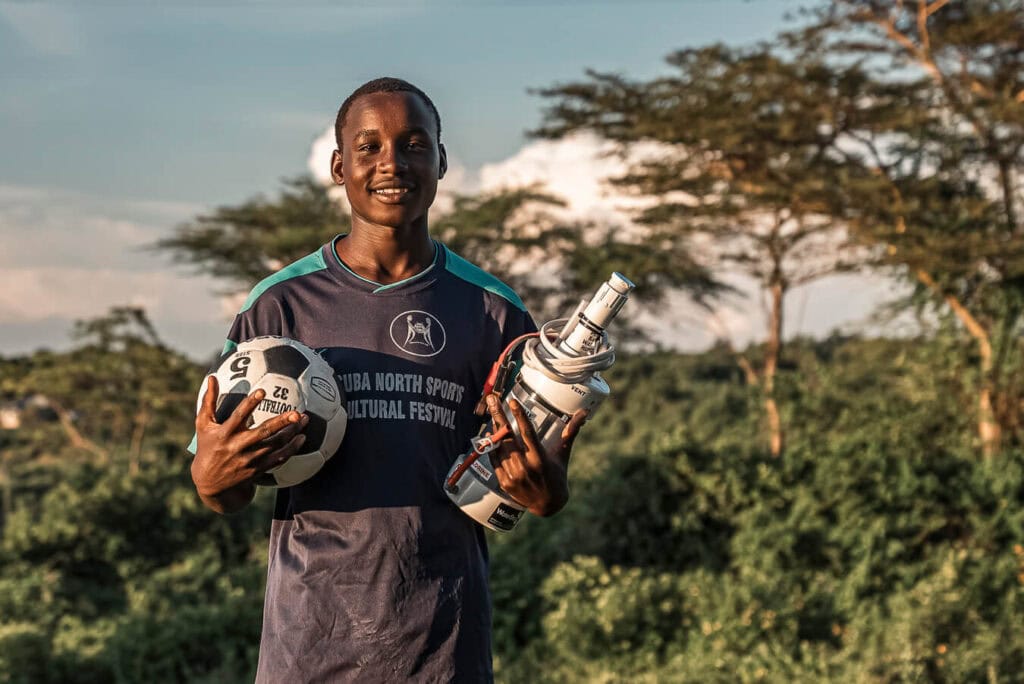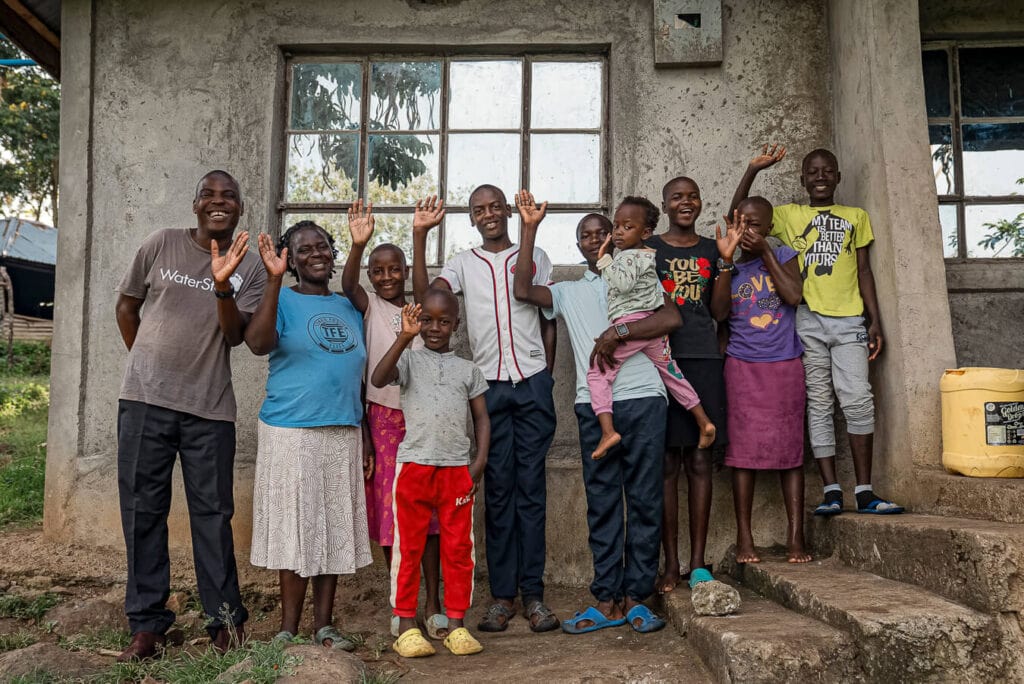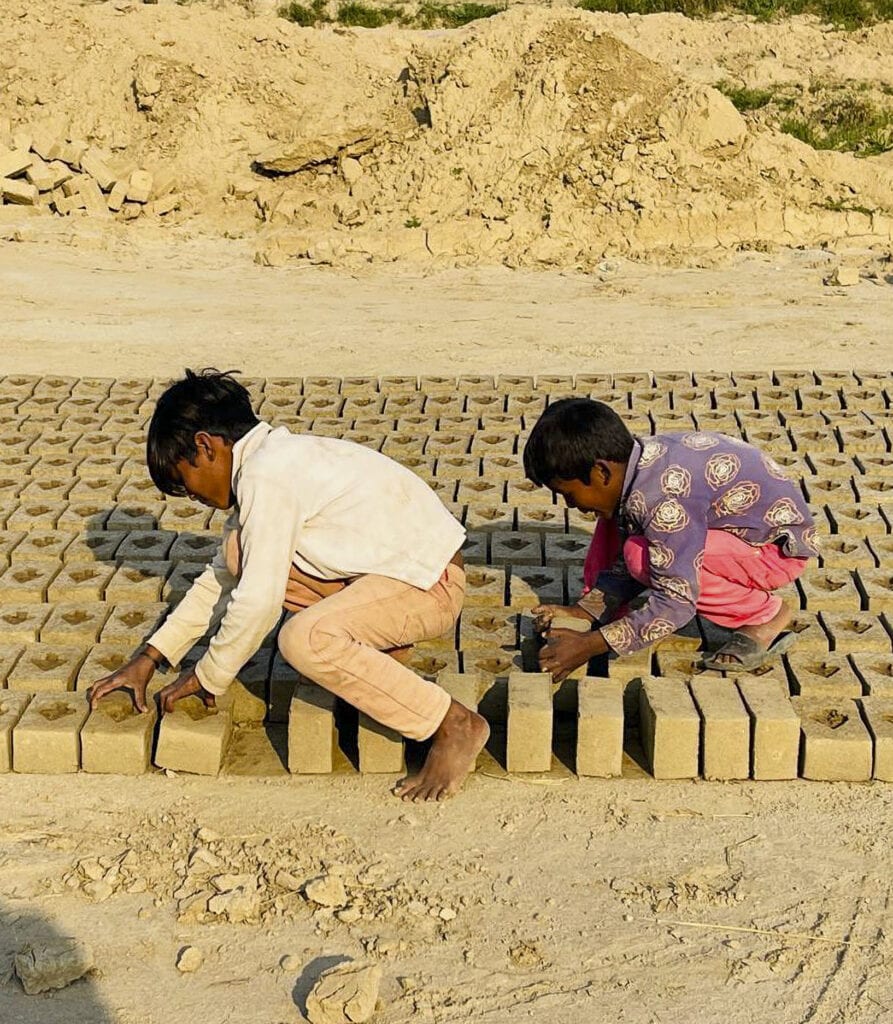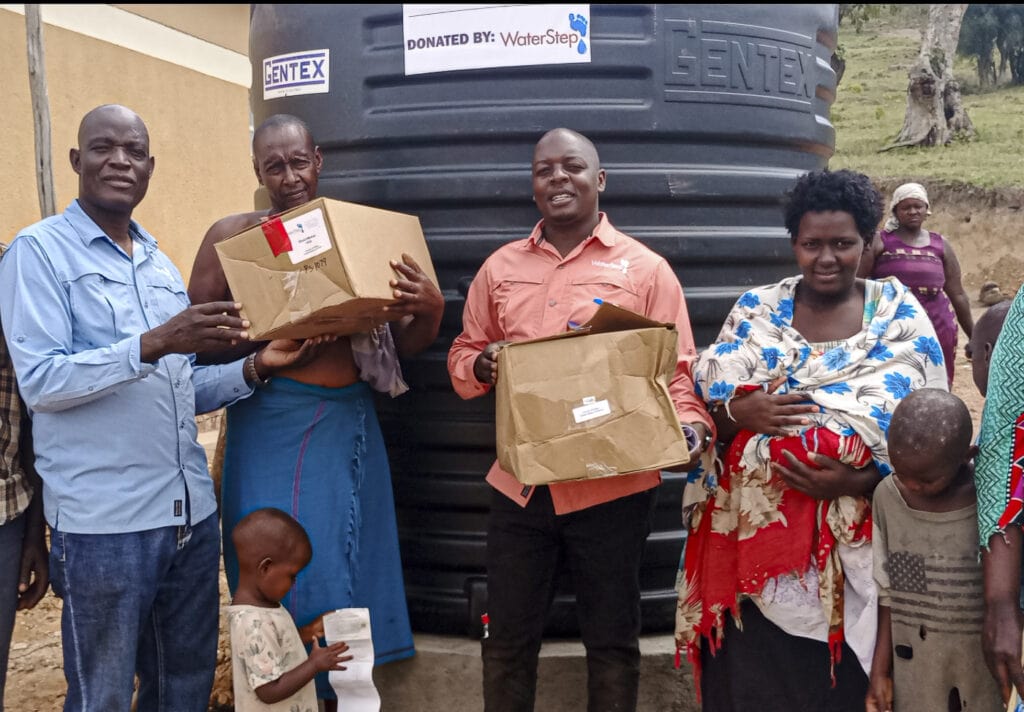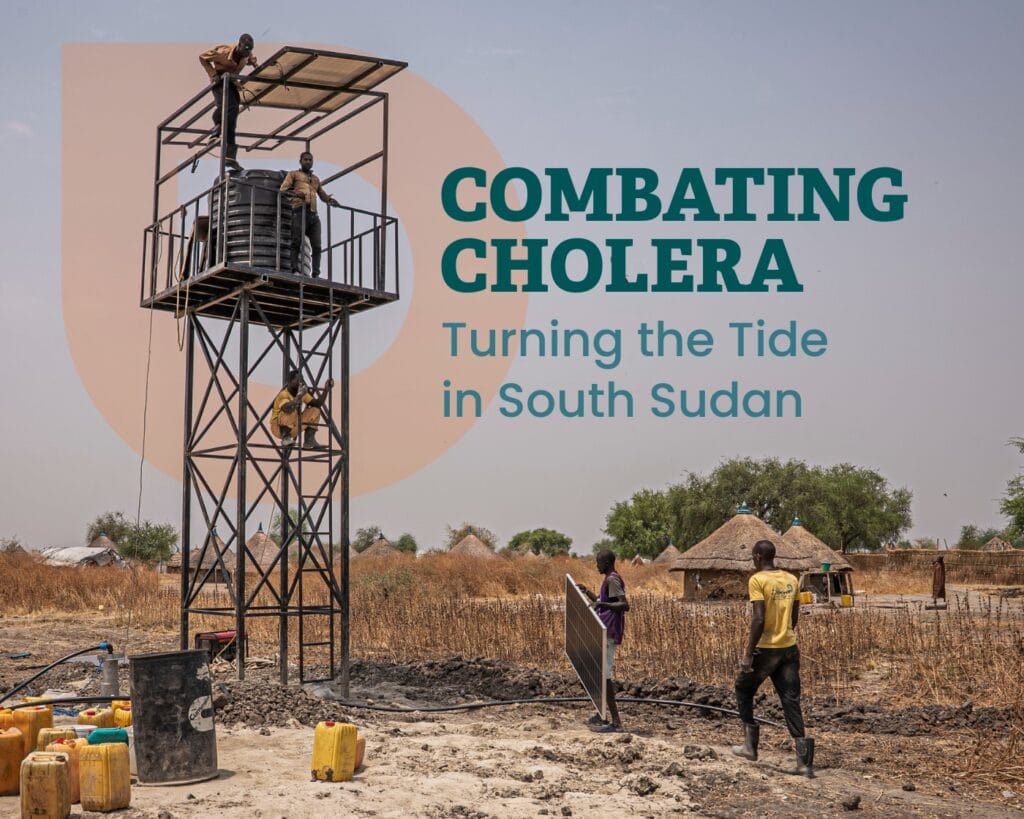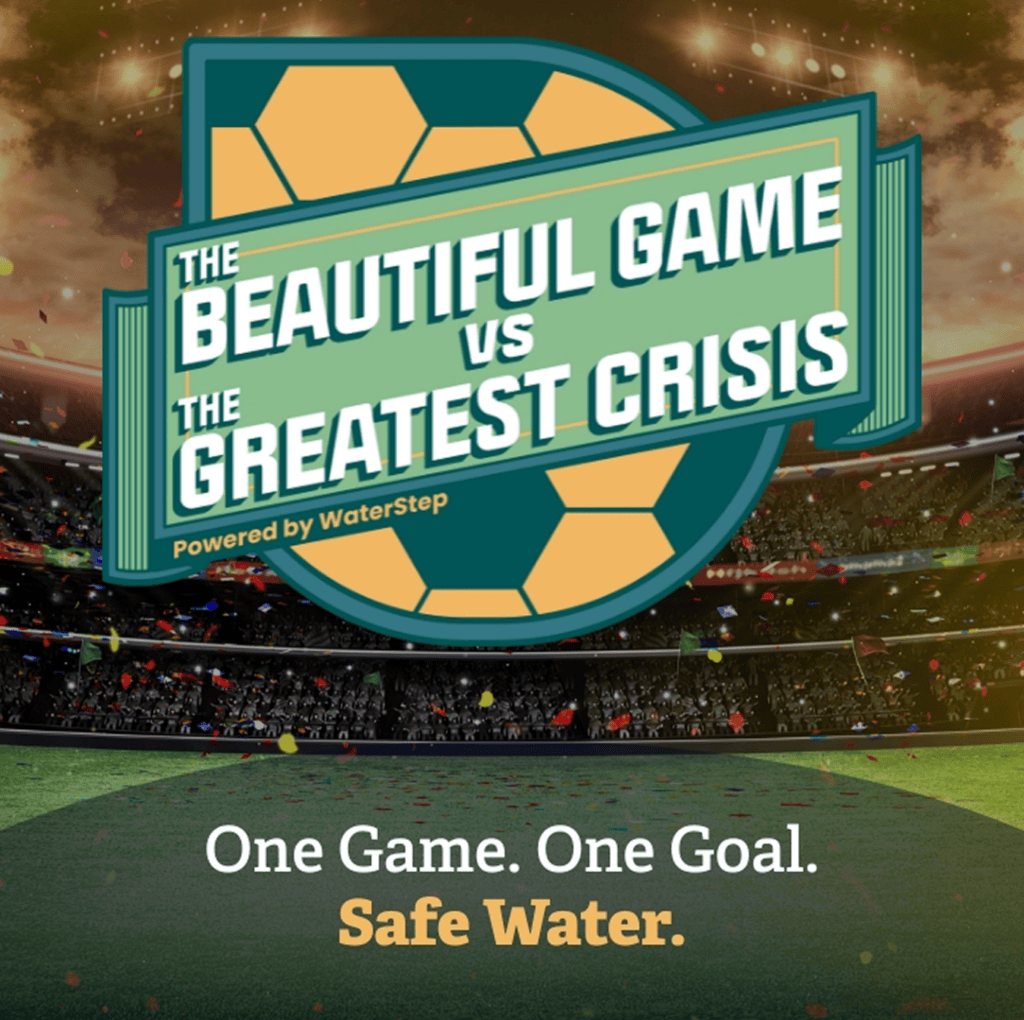Young Soccer Player’s Death Sparks Fight for Safe Water
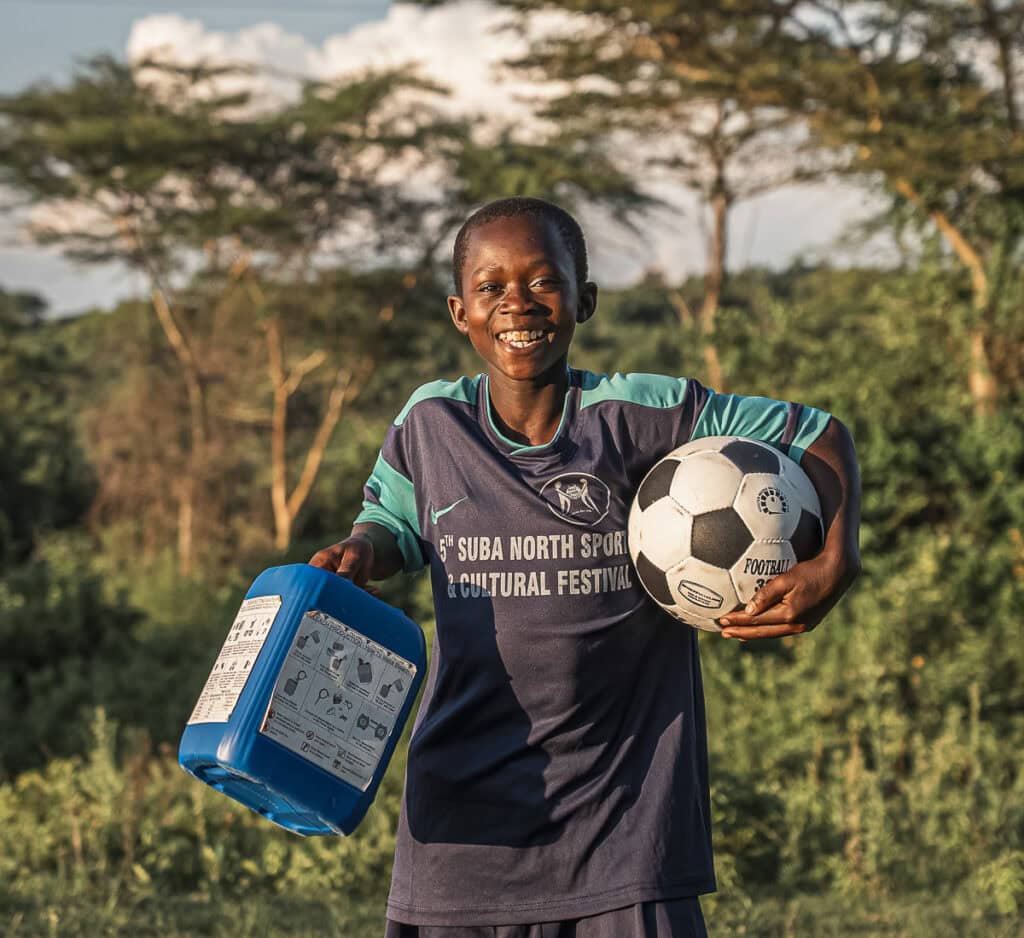
/ Story by Kristina Goetz / Photos by Elisha Abumba
Benard Okwach was a brave young man, just 21 years old, who wanted to change his life for the better.
After struggling as an orphan since childhood, he was in his final year of university in Kenya where he was studying to be a teacher. He’d played soccer for six years in the Uzuwi Club.
Benard is also the reason Kennedy Odida, a field consultant for WaterStep, called for safe water training sessions for coaches, players, and local leaders on Mfangano Island in Lake Victoria.
Benard died of a waterborne disease called bilharzia.
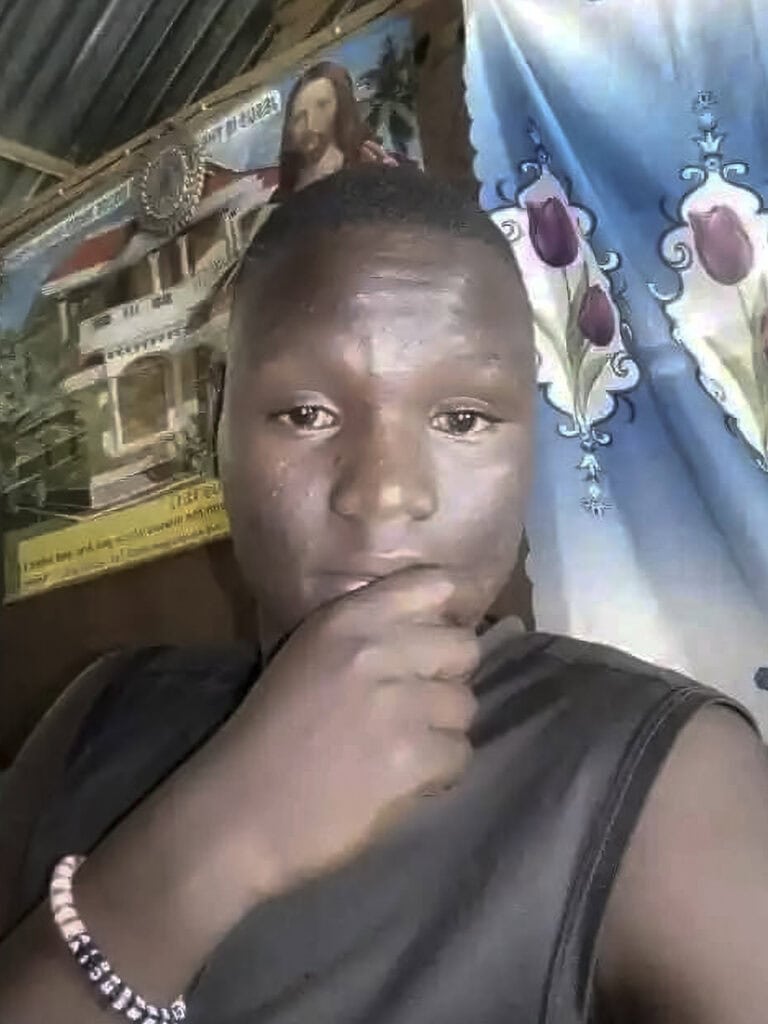
After playing a game in Mfangano West, the midfielder came home tired, and a few days later, his stomach began to swell, Kennedy said. Family members tried to help him, but the swelling got worse and more painful. He grew weaker.
Two weeks later, Benard died.
At the funeral, Kennedy watched as other soccer players, dressed in uniform, carried the casket of their fallen teammate to its final resting place. More than 350 people gathered to say goodbye. The sight of young athletes – Benard’s friends and fellow players – bearing the weight of his body was a moment Kennedy said he would not forget. Benard was buried next to his paternal grandmother.
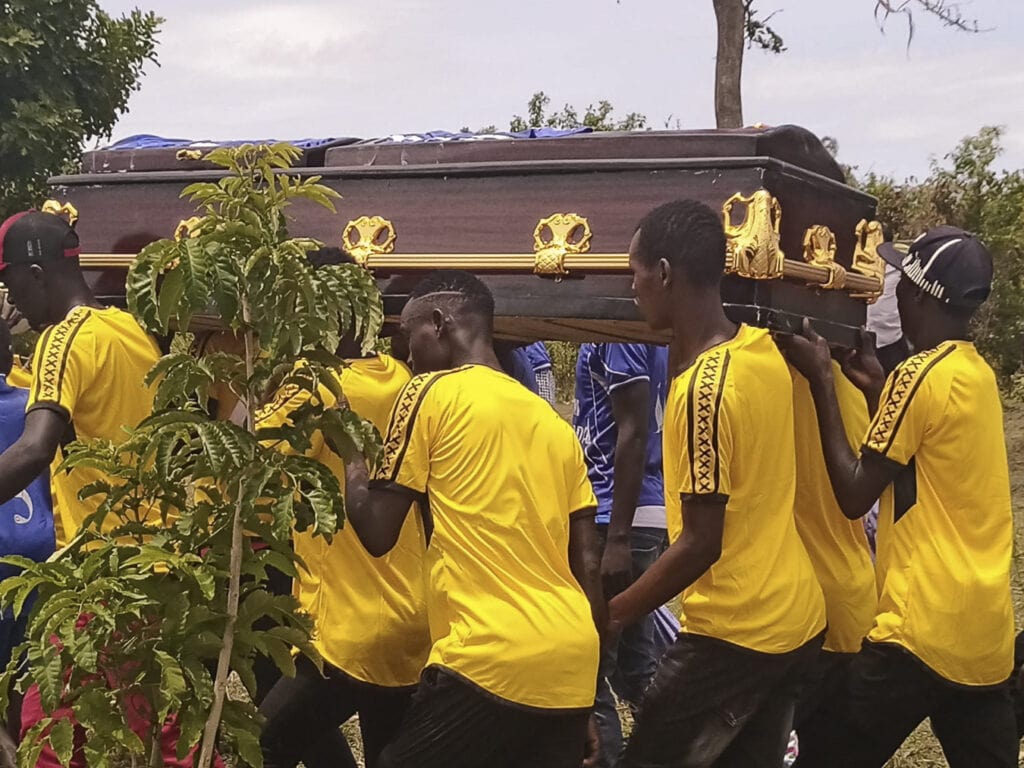
After the service, Kennedy spoke with extended family members to understand what had happened. They believed the illness had come from contaminated water consumed at the game.
“Most players do not care about the kind of water they drink,” Kennedy said.
He knew something had to change.
“Benard was a highly regarded and talented player,” Kennedy said. “He was a leader who would have changed his community.”
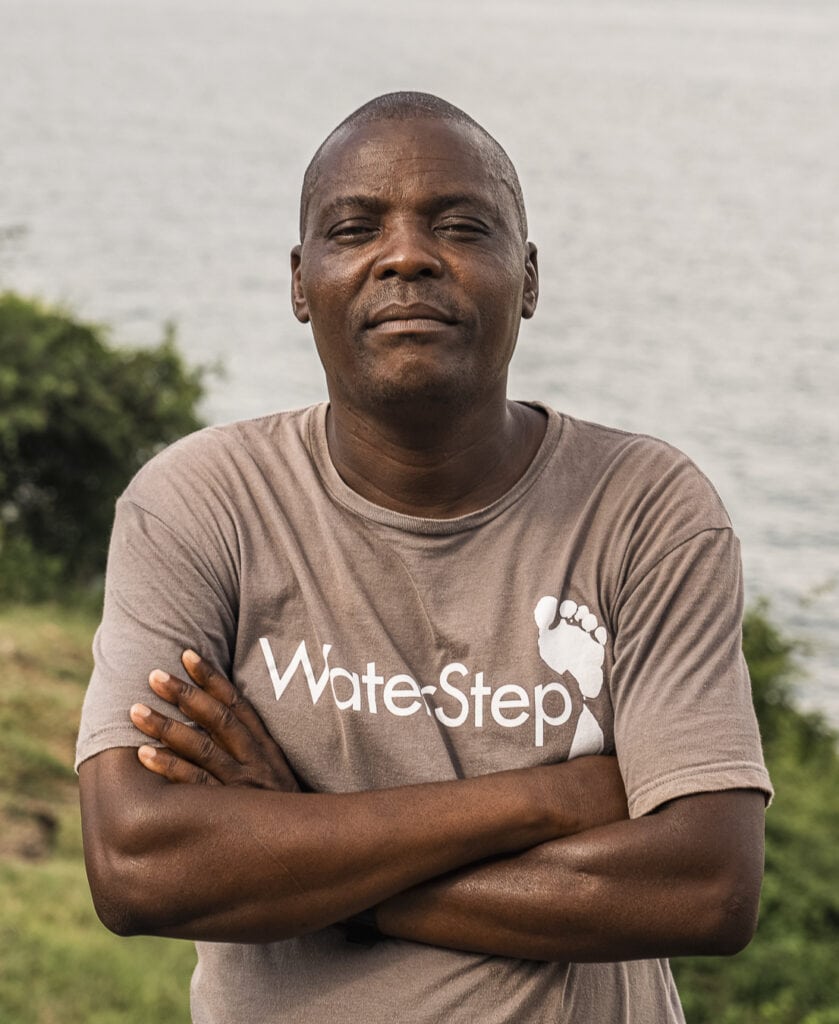
In response to his death, WaterStep, a global nonprofit based in Louisville, Kentucky, and a leader in safe water solutions, launched its first international event in a campaign called The
Beautiful Game Versus the Greatest Crisis, which pairs soccer with one of the world’s most urgent public health crises: access to safe water.
The event, held April 23–27 on Mfangano Island, brought together more than 200 people from 30 community soccer teams, each registered through the Football Federation of Kenya. Players, coaches, and community leaders were trained in how to use WaterStep’s safe water systems – practical, durable tools designed for communities that rely on unsafe sources for drinking water.
The risks of contaminated water are well known in the region surrounding Lake Victoria. Though millions rely on the lake for their daily needs, it is polluted by agricultural runoff, untreated sewage, and industrial waste. The result is an ever-present danger of illness. Diseases like typhoid, cholera, and bilharzia are common.
WaterStep’s campaign aims to change that.
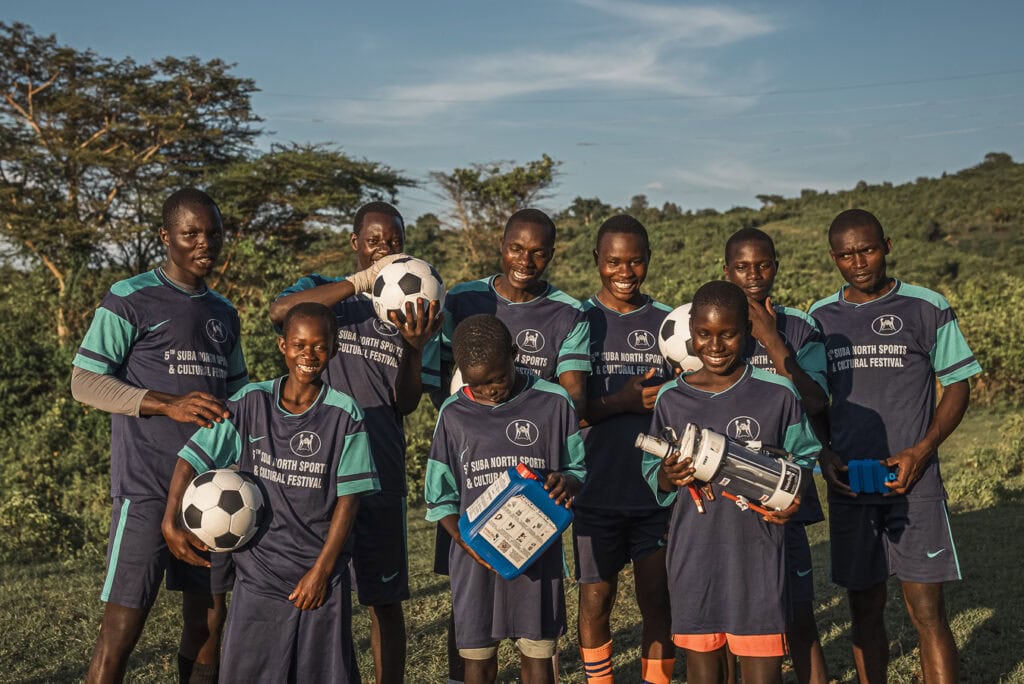
The organization equips local people with both the tools and the knowledge to treat their own water, using systems that purify thousands of gallons per day. These systems are designed to be sustainable – a critical factor in remote or under-resourced areas.
“This is about more than just providing safe water,” said Mark Hogg, WaterStep’s founder and CEO. “It’s about building resilience. Through the magnetic and compelling unity of soccer, we can rally global support and multiply life-saving solutions for people like Benard and every community where soccer is played all over the world.”
The campaign is also a call to action.
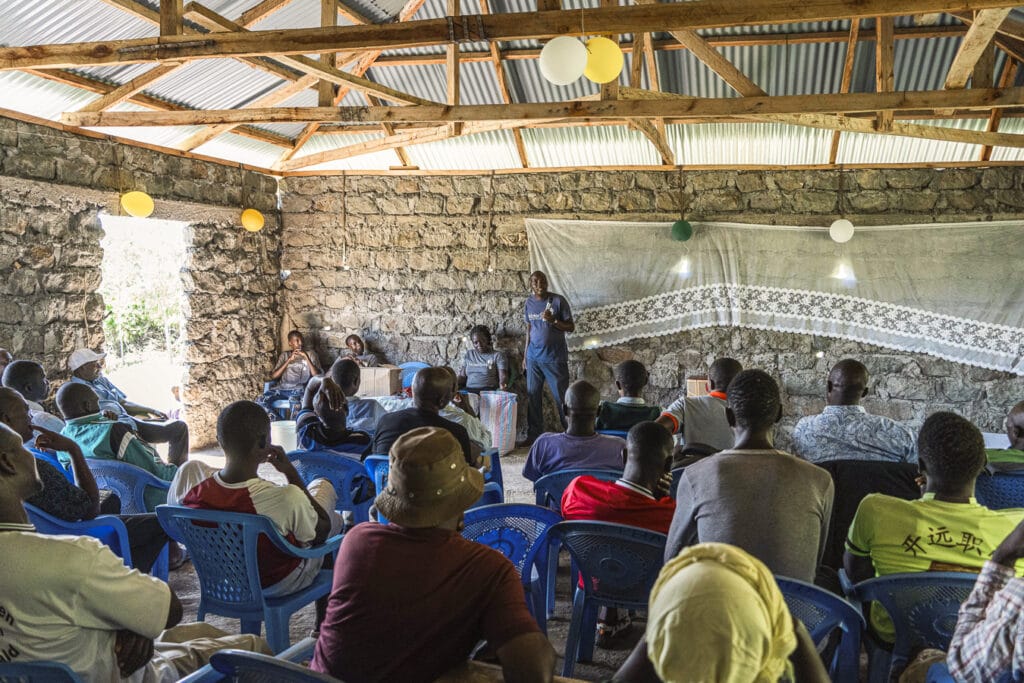
WaterStep is inviting soccer clubs, players, federations, sponsors, and fans to get involved – by funding projects, hosting awareness campaigns, sharing the message, or launching efforts of their own.
“It’s a global problem,” Mark said. “We believe soccer – a game played and loved by billions – can help solve it. For the communities on and around Mfangano Island, this isn’t an abstract issue. It’s personal, and it’s urgent. Benard’s story is a reminder of just how high the stakes are. A young man who had overcome so much, who wanted to teach, who led on the field, who was almost there.
“Now, his name is tied to something larger – a movement to ensure that no one else has to lose their life simply for drinking a cup of water.”
Family members laid his jersey on top of the casket before they lowered it into the ground – a final tribute to a player, a teammate, a young man who dreamed of becoming a teacher.
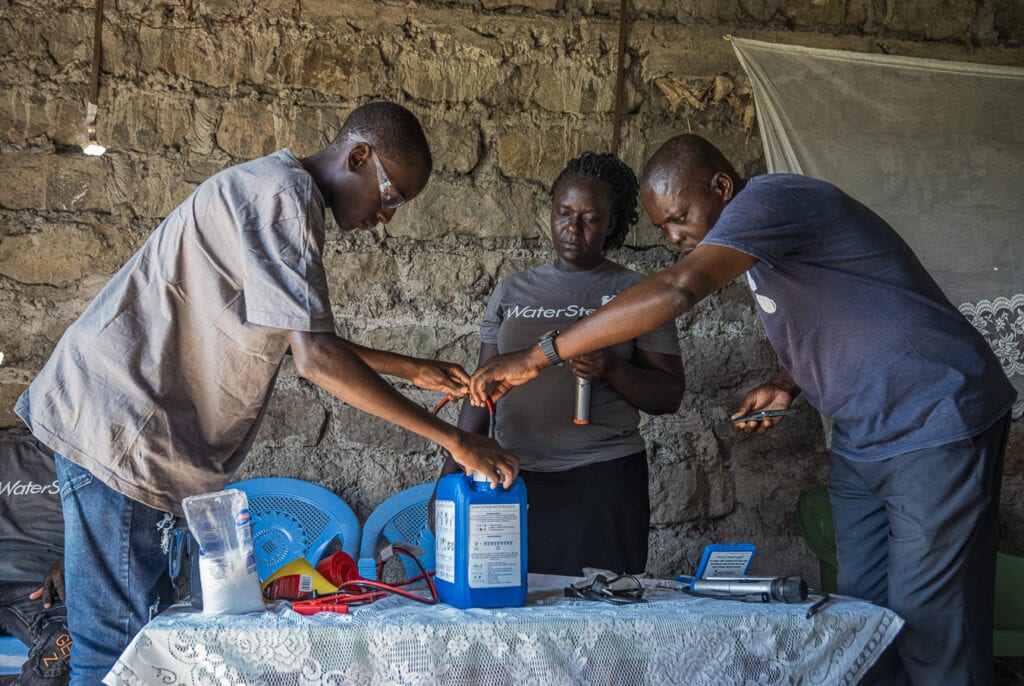
To honor Benard’s memory, WaterStep is installing a safe water system in his home village. Community members will no longer have to fetch stagnant, fetid water from a dangerous pit where it pooled from a contaminated spring.
Community members are carrying stones to dam the water so it will fill higher in the pit. Then, it will be pumped into a tank and treated so people will have safe water to drink and easier access.
Benard Okwach couldn’t have known that his death would spark change. His tragic passing, caused by a preventable waterborne disease, has highlighted the dangers of unsafe water in his community.
He may not have had the chance to teach in a classroom, but his story is now teaching his community how to protect themselves from unsafe water – a lesson no one should have to learn through loss.
